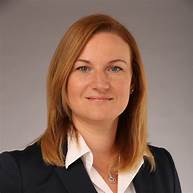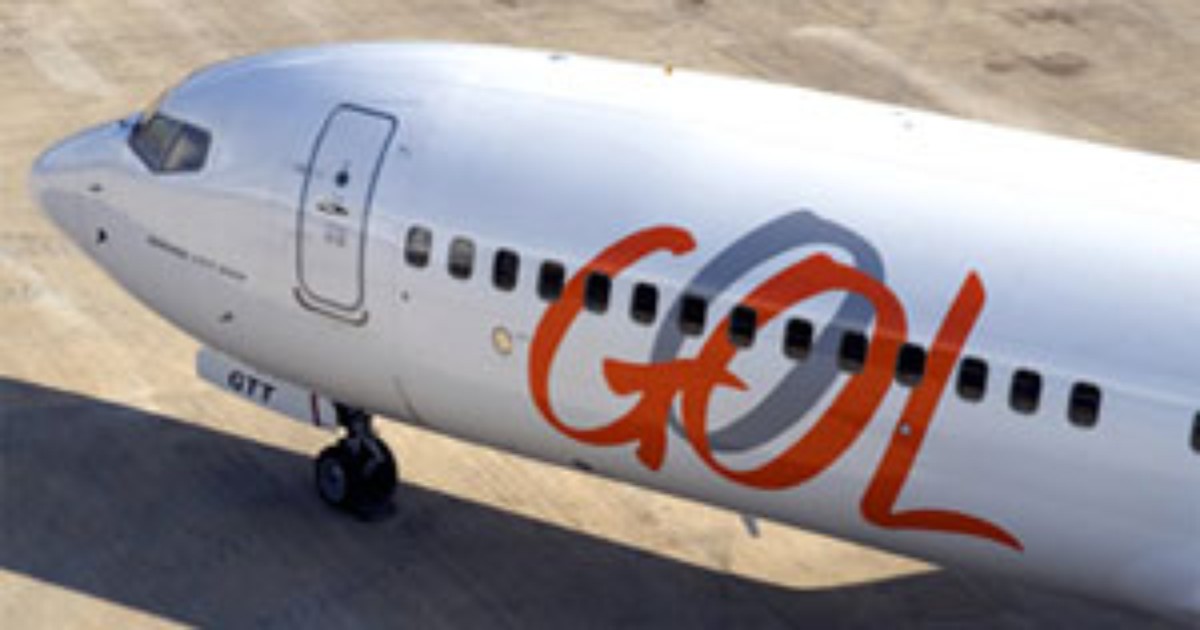Tomislav R. Femenick
journalist and economist
Karl Marx maintained that “it is not the consciousness of men that determines their being; it is their social being which, conversely, determines their consciousness. In other words, whatever the will of human beings, their way of thinking would be the result of the economic structure of the society in which they live.
In the sixties of the last century, the Canadian philosopher Marshall McLuhan propagated his ideas based on two fundamental premises: the media are extensions of the human being and the expansion of the media would have transformed the world into an economic world until the advent of the Internet and its opening for commercial use in 1988, providing the necessary impetus for the globalization of business, politics, culture and everything in between.
Here are two philosophical propositions which oppose or complement each other? Is it the economy that determines our way of reasoning or is it the expression of thought that determines the economy? Answering these questions involves a type of study that goes beyond the scope of a newspaper article. However, it gives rise to some speculation on the subject, comparing historical facts and drawing some conclusions. Let’s look at some of them.
Until the 15th century, all the knowledge of humanity was stored in handwritten copies, reproduced one by one and reserved for a very restricted public. In the Middle Ages, it was the Catholic monasteries that took on the responsibility of copyists and guardians of knowledge, in a world where warrior kings and courtiers, rude and illiterate, predominated. Few, including some merchants, deviate from the rule. All this began to change with the advent of the printing press – movable type and the printing press, the invention of the German Johannes Gutenberg, in 1439. First it was the Bible, then books of all kinds were published and disseminated across Europe and from there followed … paths “never traveled” by men and books.
The books established linguistic models (the London dialect became the language of England and the Tuscan dialect became the official language of Italy), they were responsible for solidifying the national concept of peoples and, above all, l one of the causes of the Protestant Reformation and the Catholic Counter-Reformation. In the field of economics there were the Almanacs which divulged information on agriculture, “commercial arithmetic”, the prices of commodities, the laws of commerce and navigation, maritime routes, uniform tables of calculation, measurement standards, shipbuilding, etc. One of the books that had the greatest impact was the “Summa de arithmetica, geometry proportioni et proportionità” (Summary of arithmetic, geometry, proportion and proportionality), by Brother Luca Pacioli, the creator of modern accounting. Manuals of medicine, architecture, astronomy, navigation, geology, chemistry, metallurgy, weaving were already common in the 16th century. At the same time, the number of schools and universities has increased exponentially.
The result of the expansion of knowledge has been the change in the way of thinking of men, for reading forces concentration of thought, induces reasoning, and reasoning leads to analysis, criticism and the search for proofs. This is where the ideas of Copernicus, Kepler, Galileo Galilei and several other thinkers were born. The book was the trigger for the Enlightenment, an 18th-century European movement that established the dominance of reason over the power of the state and religions. Reading and writing are therefore rational acts, capable of revolutionizing the economy, politics, society and even faith.
In our time, we have experienced a similar revolution. Today, the Internet is essential for any economic transaction. There is practically no financial application, investment, purchase or sale of goods and services without the use of information technology and the international network that interconnects computers. In addition, several sites combine other means of communication: written, radio, cinema and television, democratization of information, analysis of facts and knowledge accumulated by humanity. The problem is that sensory capture of computerized information, particularly from the Internet, is through the senses of sight and hearing, in an environment where the computer screen is the dominant attraction, which leads us to an environment of playful sensation. how rational. We are much less critical of computer use than of reading books.
* Articles published with signature do not necessarily reflect the opinion of TRIBUNA DO NORTE, being the full responsibility of the author.

“Typical zombieaholic. General twitter fanatic. Food fanatic. Gamer. Unapologetic analyst.”







